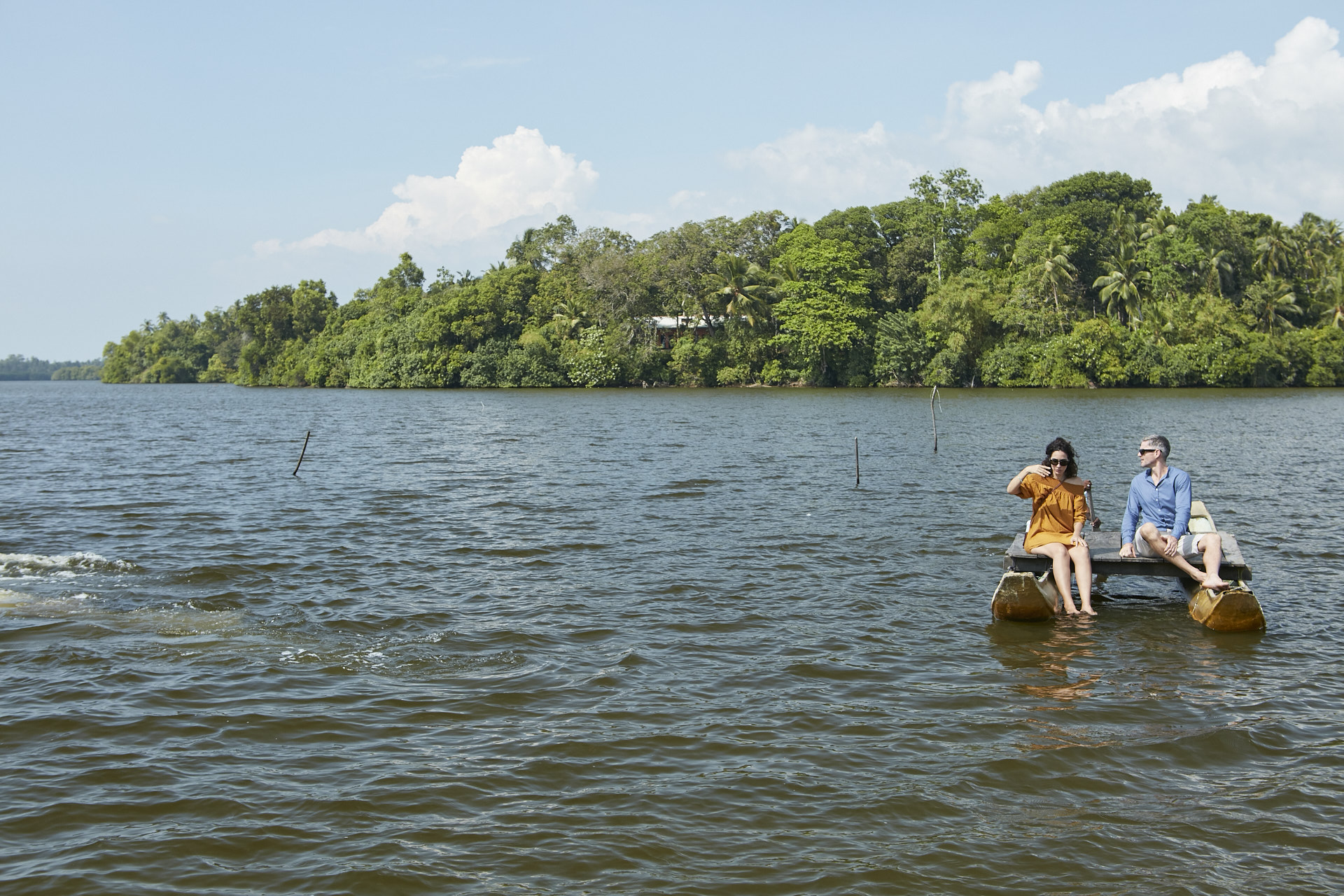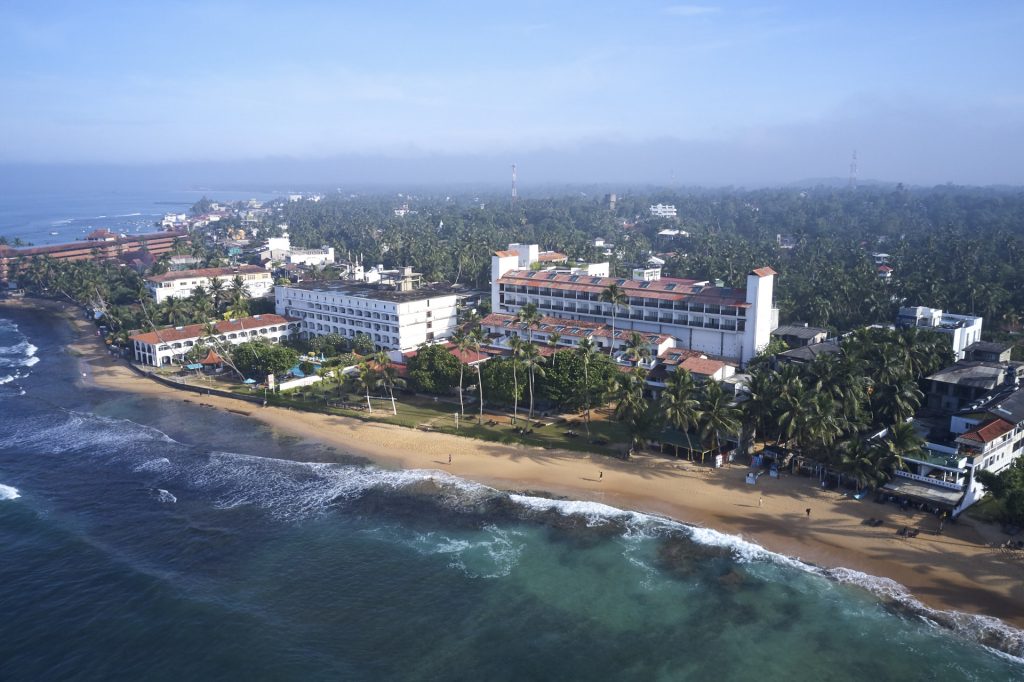Essential things you should know before visiting Sri Lanka for the very first time?

If you’re an avid traveler, and love exploring the world, then by now we’re sure you would have heard of Sri Lanka. Mostly popular for its breathtaking beaches, chilled out mountain views and charming locals, this tiny island in the Indian ocean has steadily climbed the ladder of fame in the last few years. If Sri Lanka has been beckoning you for a visit, then here are a few things you need to know before you answer its call.
Make your hotel reservations online

This is something that is common for any vacation; booking your hotel online, and well ahead of time is a must to avoid additional charges as well as wasting time once you arrive at your destination. Hotels in Sri Lanka are plentiful, and are affordable for any type of traveler. We suggest setting your budget for this according to what you expect out of your stay; spending minimum if you’re not planning on doing anything in the hotel room except wash off and sleep, and spending more if you’d like a little luxury and pampering.
Pack for your trip smartly
It’s hot and humid in Sri Lanka, especially in the coastal areas. Pack light weight clothing that’s breezy and comfortable. If you’re planning on traveling inland, don’t forget to pack a jacket as well. Be mindful that the temples in Sri Lanka require you to cover your shoulders, and that your clothes have to be at least knee length; pack at least 1 appropriate outfit or use the jacket we mentioned above to cover up. Remember it’s a place of worship; act accordingly.
Don’t forget to pack sun protectors
If you’re not used to staying prolonged hours out in the sun, the Sri Lanka sun can be quite damaging to your skin. Pack a sunscreen that suits your skin, beach footwear, large hats and sunglasses to protect yourself from the sun. Also remember to keep yourself well hydrated if you choose to sunbathe!
On arrival, exchange currency at the airport
Having cash on hand will make life easier on you as you get around the island. You can definitely use debit and credit cards in most places of the island, but you’ll have a hard time shopping on a whim off street carts if you don’t have cash on hand. And while there are plenty of currency exchange spots around the country, the airport is the safest, most trustworthy and convenient spot in our opinion.
Don’t be surprised if the locals approach you
Sri Lankan locals are pretty friendly and welcoming, so don’t be surprised if people approach you just to say “Hi” or try to photobomb your pictures. Even the little ones, though shy, will wave at you on occasion; especially if you’re on a huge tourist bus! But this doesn’t mean you don’t have to be cautious. There’s a rotten apple in every basket!
Be vary of overcharging vendors and transport
Like most tourist countries, Sri Lanka too has a reputation of overcharging for tourists; mostly on tourist areas. Your best play, when purchasing items from vendors, is to do a price comparison with a few shops and bargain a little. As for the infamous “tuk tuks”, we strongly suggest avoiding them for short distances. Walking or hiring a motor bike is a cheaper option.
Public transport can be fun
Unlike some south Asian countries, Sri Lankan public transportation can actually be fun. The public busses can be a little nerve wrecking for the weak hearted, especially when the bus drivers try to race each other. But it will guaranteed get you from point A to B for the cheapest price. Sri Lankan train rides, on the other hand, are gaining popularity due to its Insta-friendliness, and is fondly being called the world’s prettiest train ride.
There’s plenty of party action; but not everywhere
Like most tourist destinations, Sri Lanka too has strong party action. However, not all areas of the island have happening nightlife, so if this is what you’re after, prior research is required. It’s also worth noting that while there’s plenty of alcohol served in the island, not all restaurants have a liquor license or encourage BYOB.